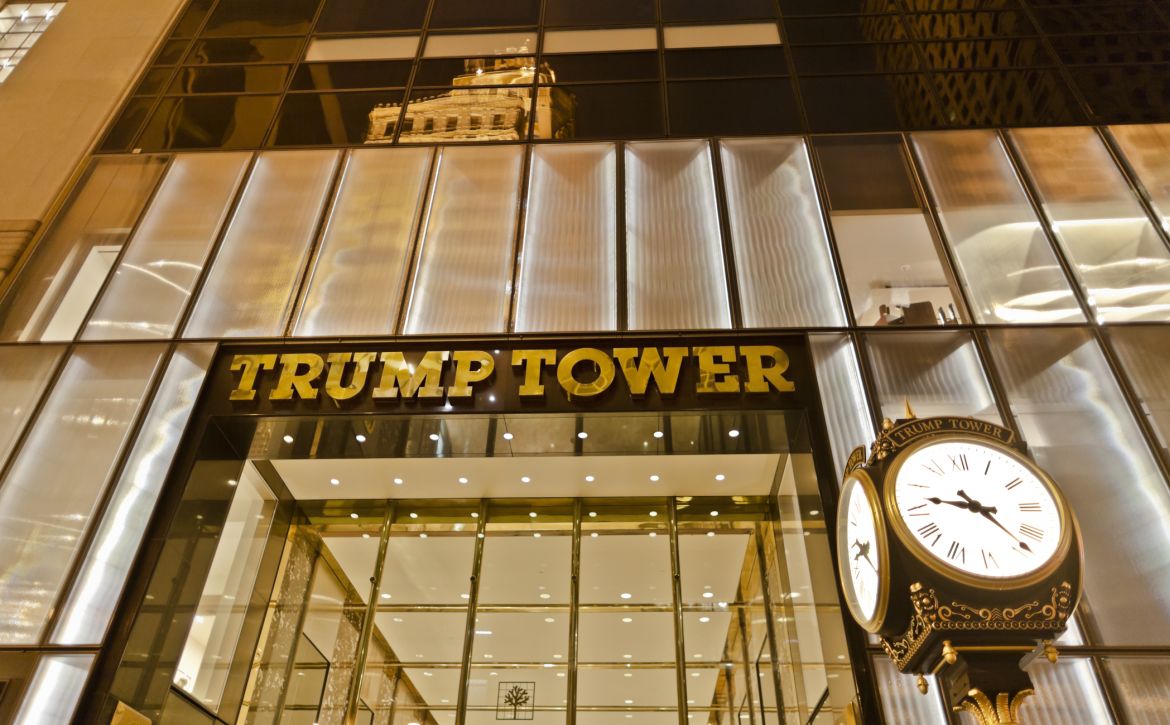“I wish he would tear up the US Australia FTA” said a Mildura citrus farmer I was talking to after the news of Trump’s victory was announced. Usually, the promotion of international trade is a bipartisan issue and elections do not have a large impact for brokers. As we know, Trump is different from any other political figure in recent memory.
Australia US Free Trade Agreement
Trump claims he makes the best deals. Well, he would be hard pressed to get a better deal for the US than what was negotiated in 2005. The Australia US FTA has largely been seen as favouring the US and it is the case that the trade deficit with the US has increased over the past 10 years.
Trump has made no comments on abandoning up or renegotiating this FTA and I expect it would be a low priority. However, any Australia agriculture exporters hoping for better market access, particularly for sugar, should turn their attention to other markets.
Trans-Pacific Partnership
Its stupid trade, not free trade, says the President-elect. Trump has never been accused of rigidly standing by (or even acknowledging) what he has previously said, but it would be extraordinary for him to back the Trans-Pacific Partnership other than in the most amended form. I also consider it near impossible for Obama to have the US implement the TPP before Trump moves into the White House. The clear will of the US people is that they do not want this agreement.
The TPP cannot be implemented without the support of the US. From a trade in goods perspective, my view was that in many ways the TPP was not good for Australia. If it went ahead, we should be part of it. But if it doesn’t go ahead we have a competitive advantage over most of our potential TPP partners. For instance, Australian beef will continue to enjoyed lower tariffs into Japan than Canadian or US beef. Australian wine and lamb would have better access to the US than our New Zealand competitors.
Given we already had hard-won FTAs with Japan and US, I felt there was a risk that the TPP was giving up that advantage and putting us back on a level playing field with other TPP members.
Australia, the new Switzerland in any global trade war
The ultimate economic fear with a Trump presidency is that he will set off a global trade war. He has promised increased tariffs on Chinese goods, which will no doubt set off a response from China. It will also give other WTO members a license to act outside the bounds of the various WTO agreements that limit when increased tariffs can be imposed.
This will be a hard position for Australia as the US and China are both such key trading partners. However, Australia will have the benefit of having negotiated FTAs with each of the US and China and can use these FTAs to buffer it against any broad-brush responses by either country. It can use these FTAs as a reason to remain neutral.
If US exports to China are subject to higher tariffs, this can only help the Australian competing exporters. Further, if demand from the US for Chinese goods falls, this can only help Australian importers negotiating prices.
However, there is no doubt that what is bad for the Chinese economy is bad for Australian resource exporters. Even if we do not get caught in a trade war, Chinese demand for iron ore is likely to fall.
Canada, Mexico the EU – we will trade with you
Just because America wants to pursue isolationist policies, does not mean Australia has to follow. If the US turns its back on trade deals with the EU and its NAFTA partners, there is no reason why Australia cannot aggressively liberalise trade with these countries and Europe. Feasibility studies and talks are already planned. These countries may see negotiating modern FTAs with Australia as a way to send a clear message to the US.
Dumping policy to get even more aggressive
When he’s not building hotels out of Chinese steel, Trump wants to do everything he can to stop this dumped product reaching the US. The US already takes a liberal view of what anti-dumping measures are permitted under WTO regulations. President Trump is likely to care even less about what Geneva has to say about his policies.
The WTO system only works if the leading economies respect it. If the US adopts measure that flaunt WTO dumping and countervailing regulations we can expect to see other countries follow. This will continue a trend of increasing protectionist policies amongst G20 countries.
Blaming cheap Chinese imports for the problems experienced by Australian manufacturers is a popular Australian pastime. Expect Australia to follow the US in respect of any harsher measures to prevent “dumped” Chinese goods.
We cannot predict what Trump will do over the 4 years he now has control of the US trade policy. However, there will be both risks and opportunities for Australian traders and their advisors. The challenge will be in identifying those opportunities in a political and economic environment where there is a lot of partisan noise and unpredictability.





